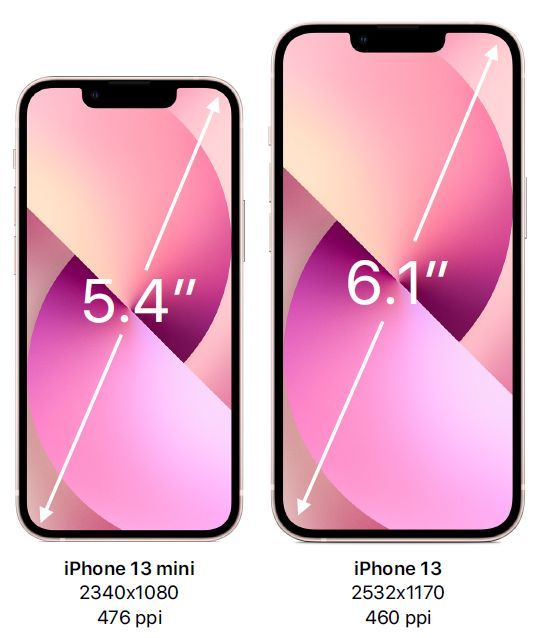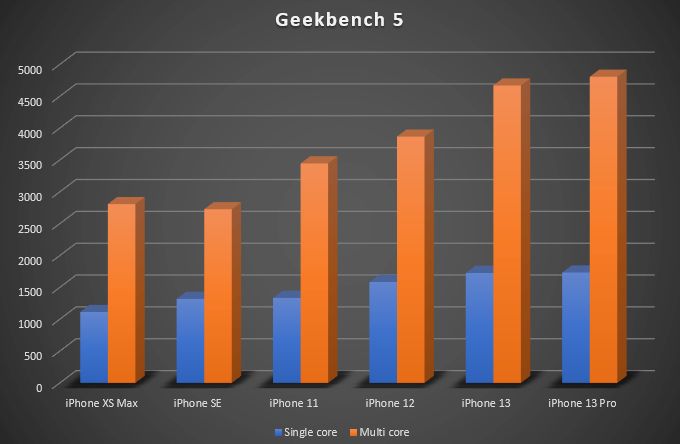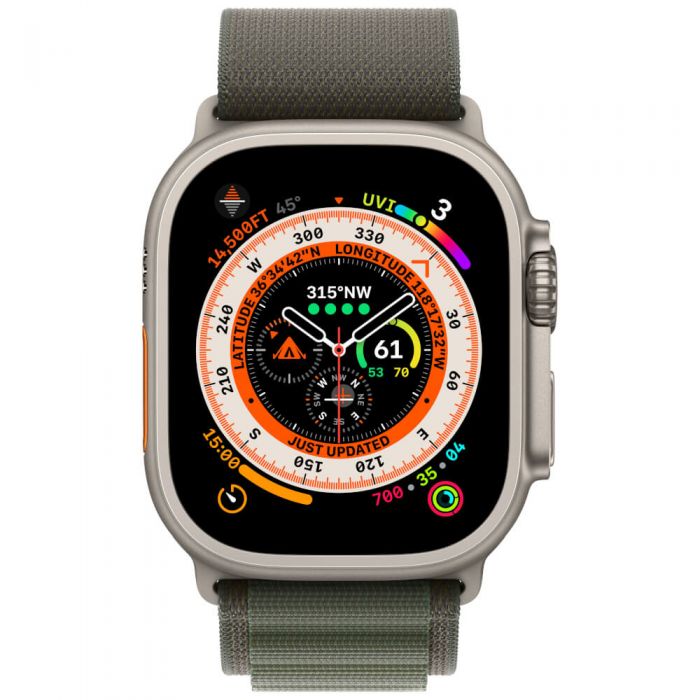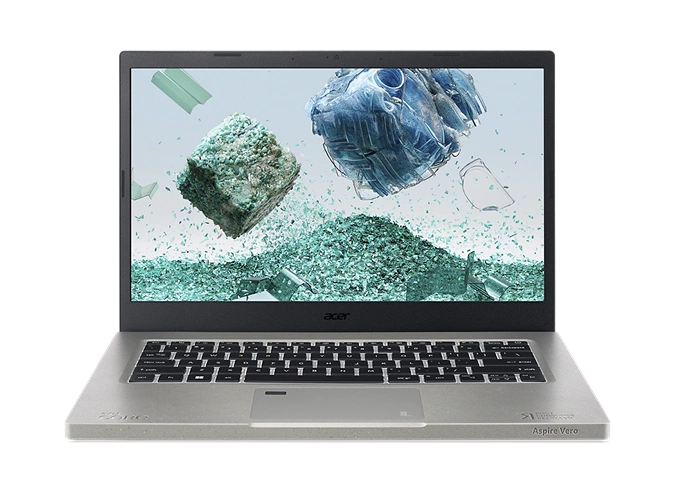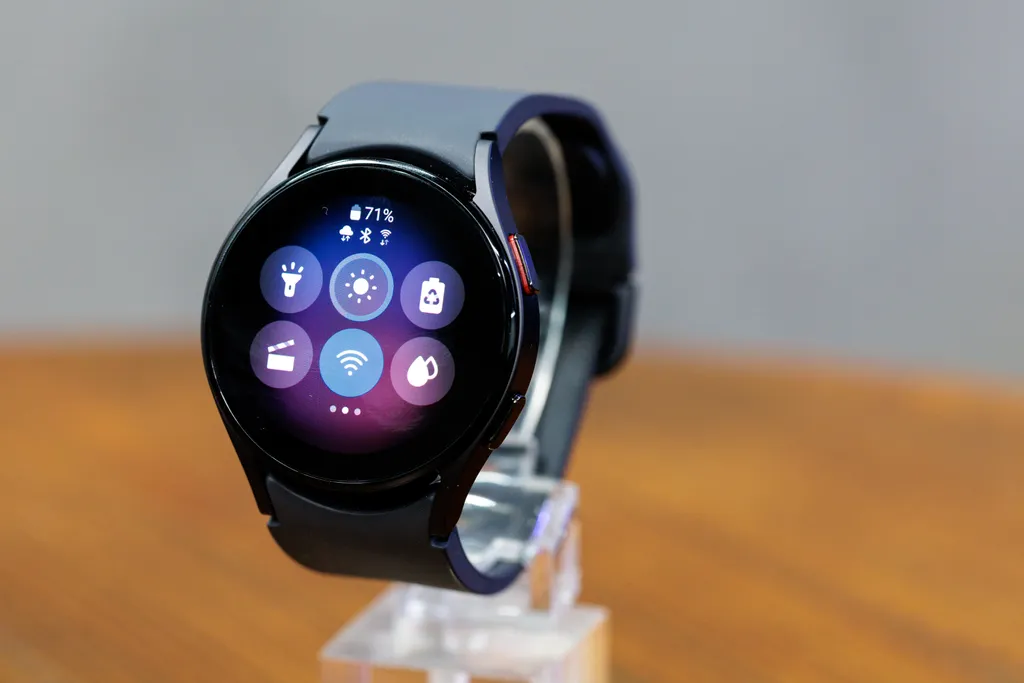Last year’s iPhone 12 offered a lot of news with both an eye-catching new design, a significantly better screen, finally 5G connection and then the party trick with Magsafe. However, we were disappointed that the camera had not received a major improvement. But it turned out that Apple saved that upgrade for this year’s iPhone 13. We are also treated to cinematic treats and something as long-awaited as longer battery life. But can it really be true?
As before, the iPhone 13 come with three different sizes of storage, from 128 to 512 gigabytes, which will cost you from $599 to $899. It feels more expensive than last year, which is also when the 64 gigabyte model was scrapped and the top model now has 512 gigabytes of storage. Depending on how you look at it, either the cheapest configuration has become $90 more expensive, or you can say that 128 gigabytes has become $60 cheaper.
Must Read: How To Unlock iPhone 13 FREE With Unlocky Tool
If you want to get away cheaper, there is the 13 Mini from $599 or the second-generation iPhone SE, which costs $399. If you have more to spend and want a more powerful mobile phone, you can take a look at the iPhone 13 Pro from $1,300 or the 13 Pro Max from $1,400.
Design and construction
We may not have gotten a cool, angular design on the Apple Watch 7, but the iPhone 13, as expected, retains the shape from last year’s model. The size is exactly the same except that it has become a fraction of a millimeter thicker. Maybe enough that we have to buy new shells? The weight has increased by 11 grams, but is still 21 grams lighter than the old bulky iPhone 11.
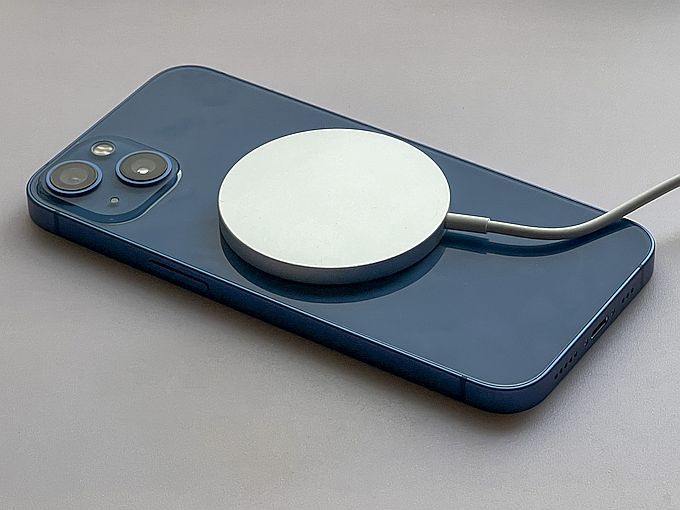
The only thing that really gossips that you have the latest coolest iPhone is that the cameras are now on the diagonal. Something that naturally gave rise to many memes online. You can also see a difference in the colors which have become more toned down. Black has become Midnight, White has become Starburst, the blue is lighter, purple has been replaced by pink, and green has been discontinued. Only Red remains.
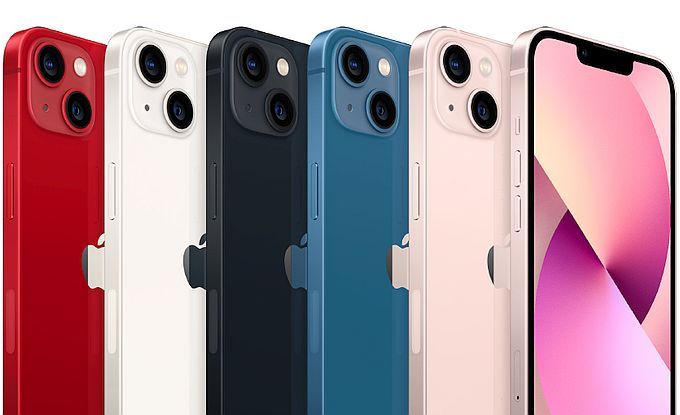
Of course, we have to address what surprisingly many people saw as an absolutely fantastic upgrade. Namely that the camera module has become smaller. When Apple started having the selfie camera and all the sensors in one notch on the screen, it led to an outcry and the term Notch Gate was born. Does the reduction mean we’re completely enraptured by all the newfound space? No, there is no noticeable difference. It is still not possible to have the battery percentage on the screen.
As before, the front glass has been protected by Ceramic Shield, and it still has very good protection against the elements with ip68 (up to 30 minutes at a depth of 6 meters).
